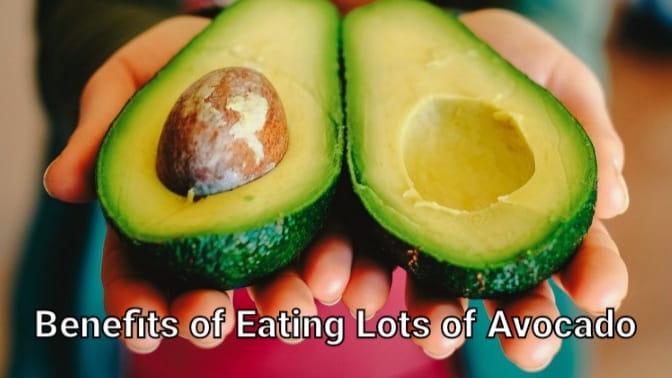Eating a lot of avocado turns out to actually consume fewer calories
Table of Contents
Anyone looking for a healthy snack to help with their weight loss program? If you still haven't found it, avocado might be a healthy option. The reason is, a new study reveals that people who eat avocados regularly tend to consume fewer calories and eat healthier foods.
Benefits of Eating Lots of Avocado
Reporting from The Jerusalem Post, a study examined the benefits of consuming two avocados a day for a family diet and found interesting results. Participants reported feeling full faster and consuming fewer calories but more nutrients from their total food intake.
Avocados have been part of the diet for three thousand years. This green fruit is rich in oleic acid (monounsaturated fat), which makes it very healthy for people whose diets are low in animal fat (vegetarians, vegans, and others who avoid or eat less meat, dairy products, or fish). It also contains sufficient B vitamins, vitamin C, vitamin E, and potassium.
In this study, published in the journal Nutrients, families were asked to eat 14 avocados weekly for six months, and at the end of the study they reported a number of health improvements.
This group included 72 families from Mexico with a total of 231 people who reported that eating more avocado made them feel full faster.
The researchers also found that increased avocado consumption led families to eat less processed meat, chicken, and eggs. This was compared to a control group that included families with lower avocado consumption, about three avocados per week.
"To date, there is little information about how avocado consumption affects family nutrition," said Dr. Matthew Allison, lecturer and principal of preventive medicine at the University of California at San Diego School of Medicine.
“Recent studies on the subject focus on individuals, mostly adults, and primarily examine changes in blood markers for cardio-metabolic disease. Our results suggest that nutrition education and high avocado consumption can reduce total caloric intake in Mexican families.”
One surprising finding was that those who ate the most avocados had lower intakes of essential nutrients, including vitamin D and calcium. Researchers say this is a characteristic associated with general undereating.
"Our results show that nutrition education and increased avocado consumption led to a significant reduction in family calorie intake including calories from carbohydrates, protein, fat (also saturated), calcium, magnesium, sodium, iron, potassium and vitamin D," said Dr. a scientist who examined data from the study of Dr. Lorena Pacheco of the Harvard School of Public Health.
Pacheco added that a secondary analysis of data adjusted for energy consumption found that families who received nutrition education and ate more avocados increased their consumption of dietary fiber, monounsaturated fatty acids, potassium, vitamin D, and folic acid.
Scientists are calling for more research to see how eating more avocados per capita will affect other populations and cultures.


Post a Comment